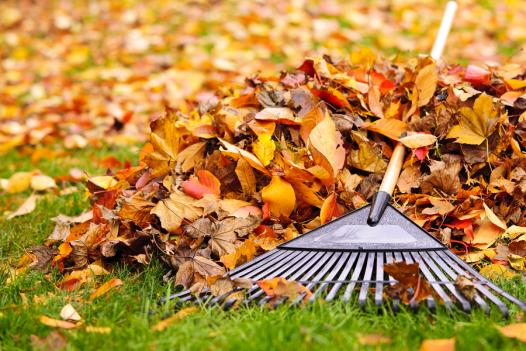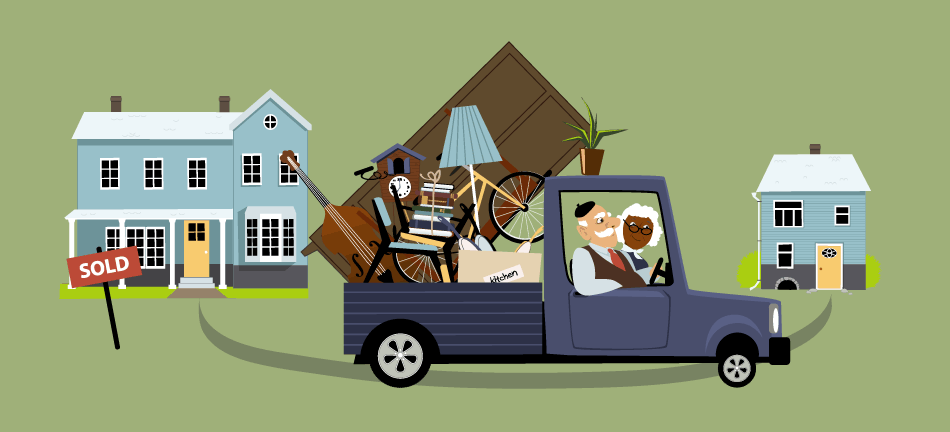Smart Gadget Ideas for the Home

Smart Gadgets are quite fun to look at and try out but have you ever considered purchasing a few for your home? Why not take the plunge to make your home a more interesting place to be by purchasing a few or all of the gadgets mentioned below.
-
1. Many of you may have already seen or perhaps even tried the smart vacuum. If you haven’t tried it you need to do so. Just imagine pushing a few buttons and sitting down to relax while your vacuum cleaner does all the work for you. What a revolution! Be prepared to dish out $700 to $900, but it will likely be quite worth it in the end.
-
-
2. Smart trash cans have perhaps not been as heard of as the vacuum cleaners but they are just as cool none the less. If you are the type of person that cannot stand to touch the top of the trashcan due to the fact that it is loaded with germs, this may be just the thing for you! Not only will you not have to touch the lid but some of these gadgets even tell you when the trash is full and needs to be taken out! How do you like that for smart?! $150 to $200 will buy you this luxury item!
-
-
3. Washers and dryers have had intelligent features for years but are beginning to add more and more as each year passes. Some of them now have phone apps that let you remotely control them. Some will sense when you are home and instantly begin using their quiet mode so as not to disturb you. These types of machines will run you $1400-$1800 each but are well worth the money if you have it to spare.
-
-
4. Even air purifiers have been added to the list of smart gadgets folks are buying these days. These items puts your homes air through different filters, then analyzes the data and sends it to your phone to tell you what types of things are prevalent in your air such as pollen, dust, pet dander, etc. These cost from $200 to $750.
-
You may have thought that your home couldn’t be this smart but it can if you have the money to make it happen. These items are so amazing that if you don’t currently have the money to buy them, you may want to consider saving up for one at a time.
Courtesy of New Castle County DE Realtors Tucker Robbins and Carol Arnott Robbins.



.jpg)









